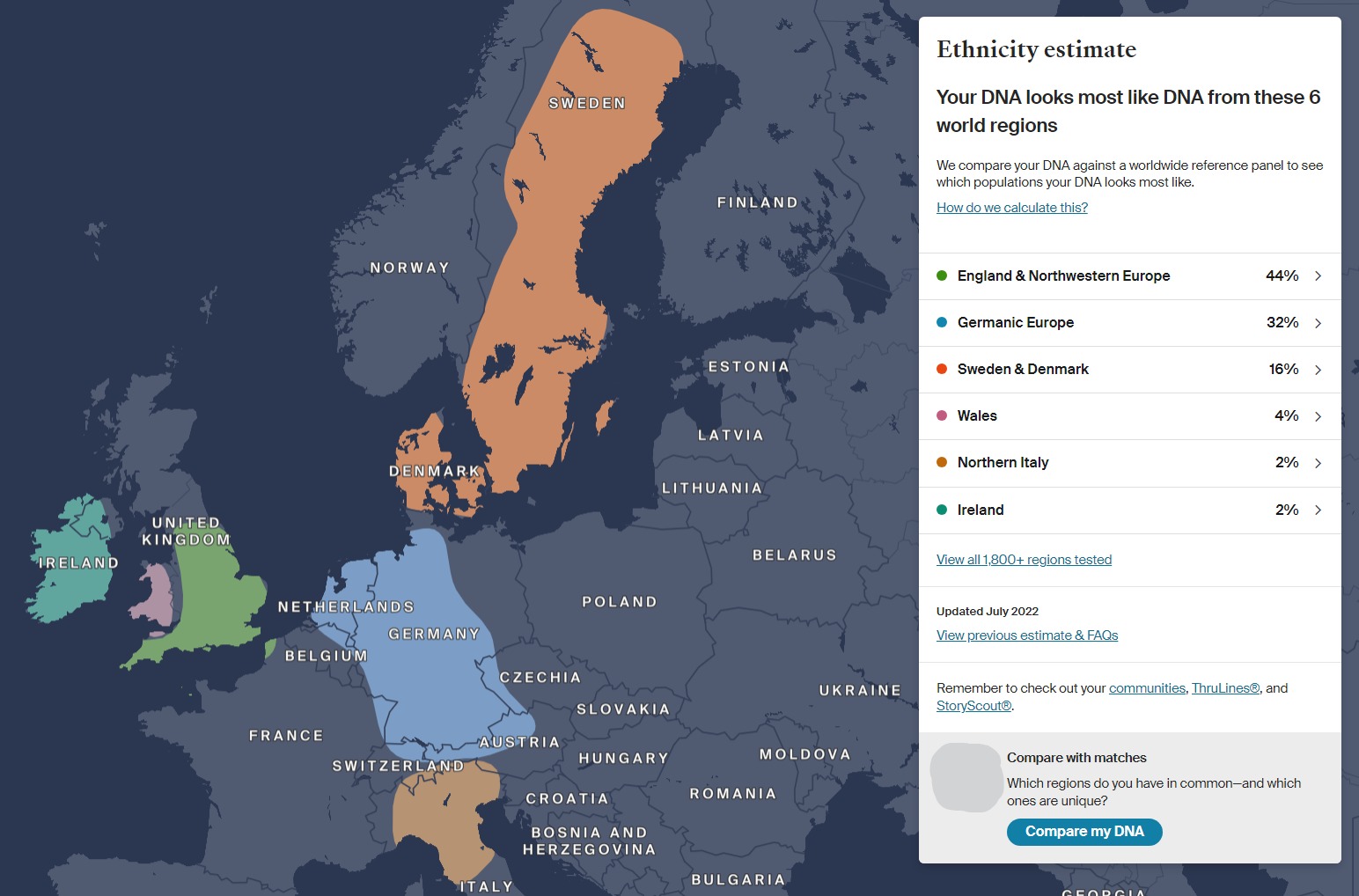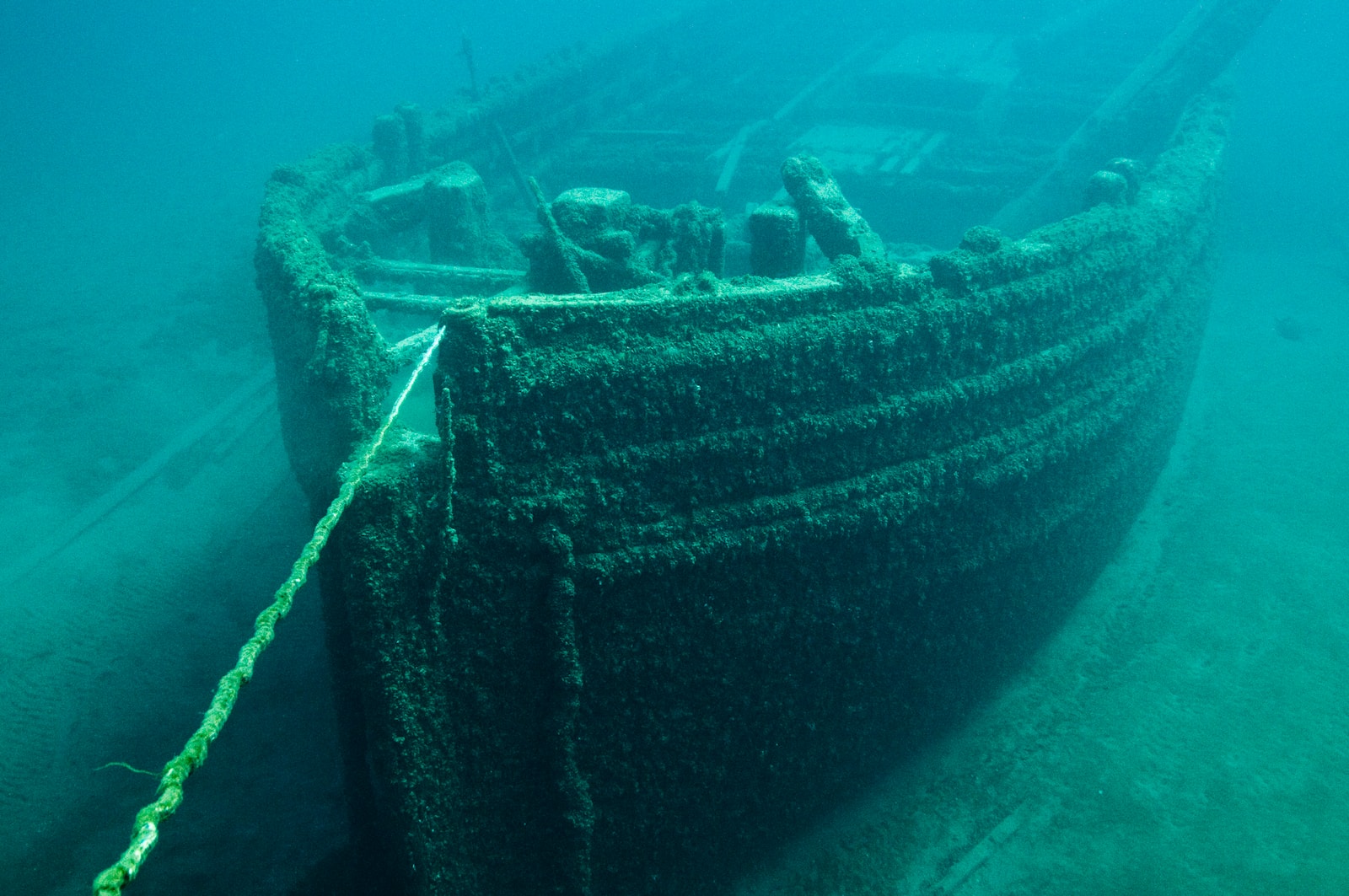Every one of us is a unique tapestry of stories, experiences, and ancestral whispers. Born in Germany, a land steeped in history and culture, I always believed it to be the anchor of my identity. But life, with its intricate twists, had other plans.
While Germany provided the canvas for my early years and ignited my passion for electronic music, it never truly felt like home. An inner restlessness, a yearning for distant shores, always stirred within me. My mother – never too fond of my adventurous mind – often called me “restless” and a “globetrotter,” and she couldn’t have been more accurate.
An exploration into my DNA paints a vivid picture that resonates deeply with my inner wanderer:
- England and Northwestern Europe: 44%
- Sweden and Denmark: 16%
- Wales: 4%
- Northern Italy: 2%
- Ireland: 2%
- German-speaking regions of Europe: 32%
While the Germanic heritage was evident, it was the Northern influences that truly resonates. Every journey to the North, whether to England, Sweden, or Denmark, feels like a homecoming. The landscapes, the people, the very ethos of the North seem familiar. With a a bit of a physical appearance reminiscent of a Viking and a northern-like seriousness, coupled with a dry and dark humor, I often feel more at home among the fjords and northern lights than in the center of Europe.
And amidst these revelations was another that leaves me in awe: Ernest Hemingway, the literary titan, is my 9th cousin, meaning we share common relatives 9 generations back. To think that I share a lineage with a man whose words have touched the very soul of humanity is both humbling and exhilarating.
This exploration into my DNA is a testament to the intricate web of existence. We are more than the sum of our parts, shaped by a myriad of influences and histories. Our true essence isn’t just defined by our birthplace but by the myriad experiences, memories, and ancestral calls that resonate within us.
As I continue that odyssey, finding fragments of home in the most unexpected places, I’m reminded of Hemingway’s words:
It is good to have an end to journey toward; but it is the journey that matters, in the end.
Reflecting on this journey of discovery, both of self and ancestry, it’s evident that life has been a whirlwind. The path has been filled with challenges, moments of breathtaking beauty, and experiences that seem enough for more than one lifetime. Through it all, I’ve come to a place of acceptance. I take life as it comes, embracing each moment, each revelation, and each challenge. And while the journey has been incredibly full and often relentless, I find solace in the knowledge that when the day comes, I’ll be in acceptance of that too, having lived and experienced enough for multiple lifetimes.
P.S. fun facts:
- I’m also related to the Heavy Metal singer Doro Pesch (which I like as a person but am not a fan of her music) and artist/painter Franz Kels, both from Düsseldorf, Germany. A huge bunch of my ancestors are from Düsseldorf, starting in the year of 1490.
- My great granduncle went to the USA on the “Fürst Bismarck” in 1902. That’s why I still have many relatives in the Philadelphia area today.

